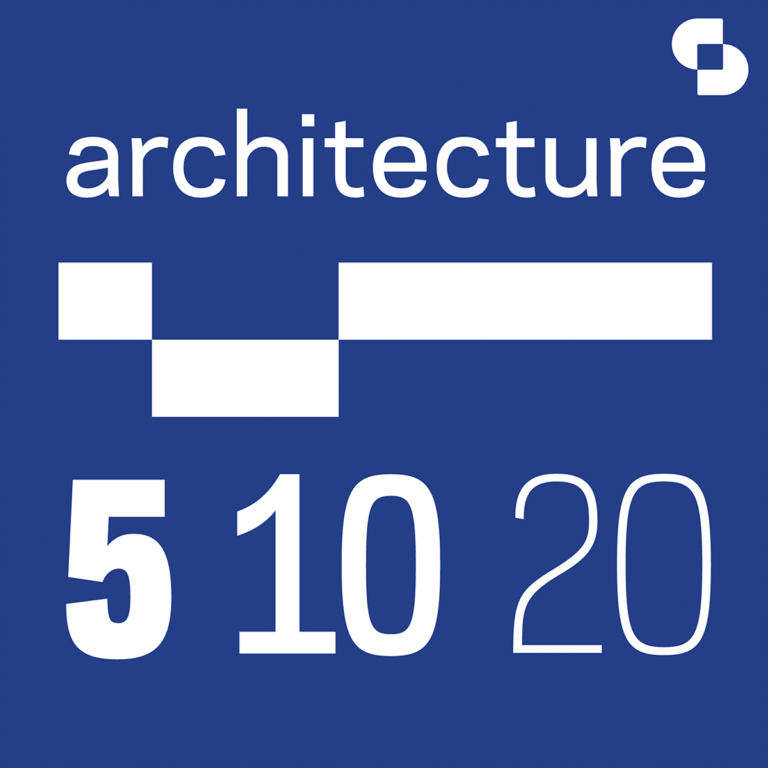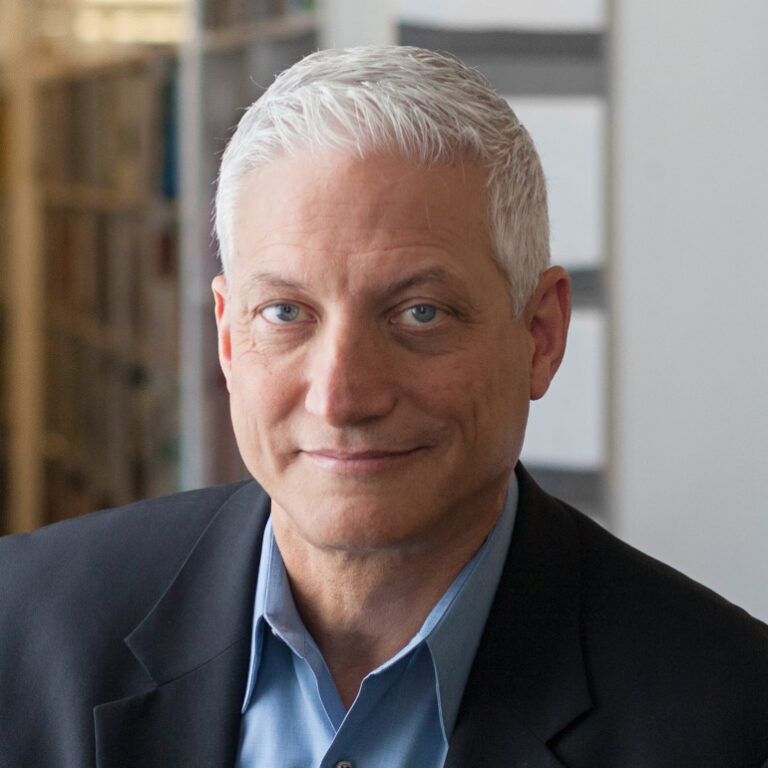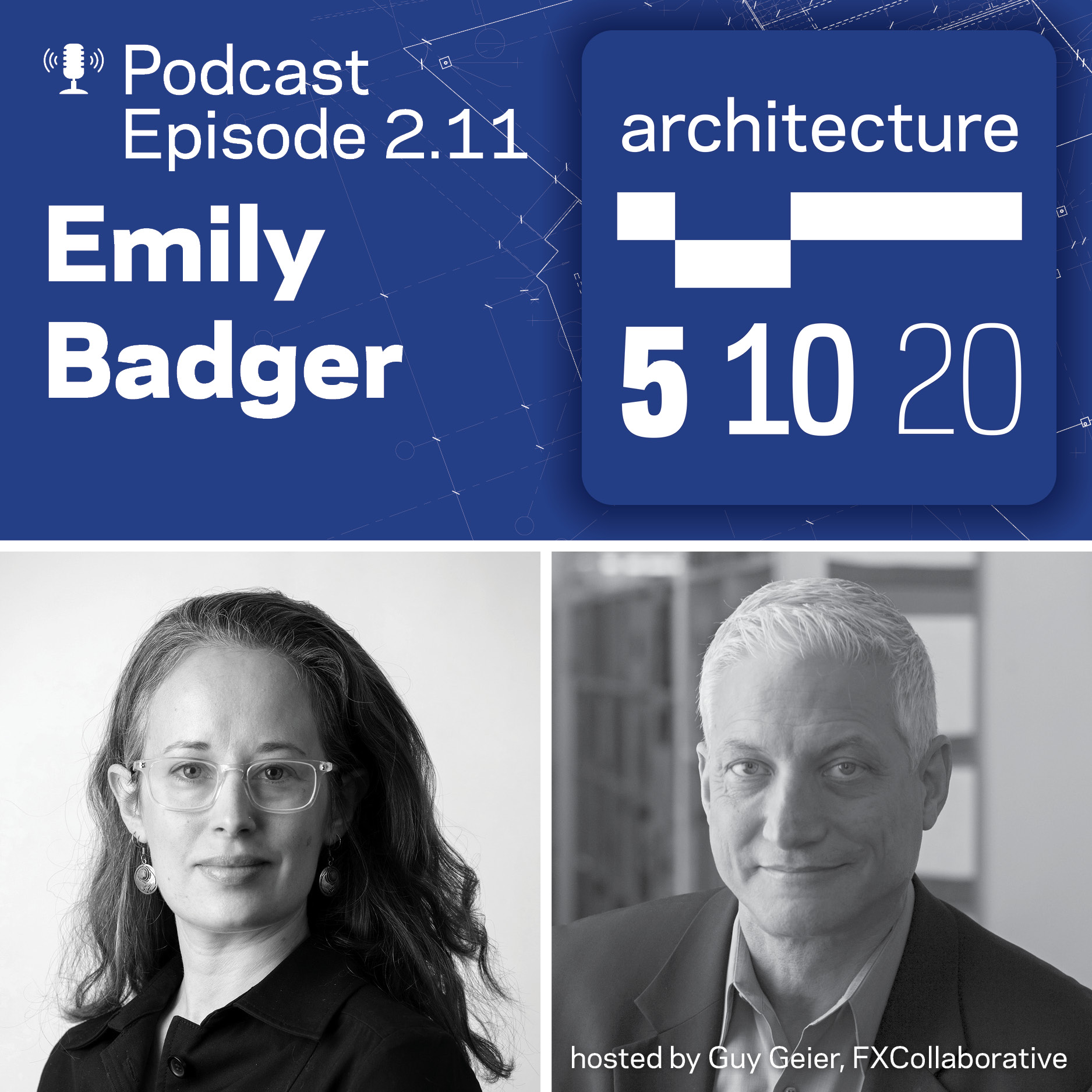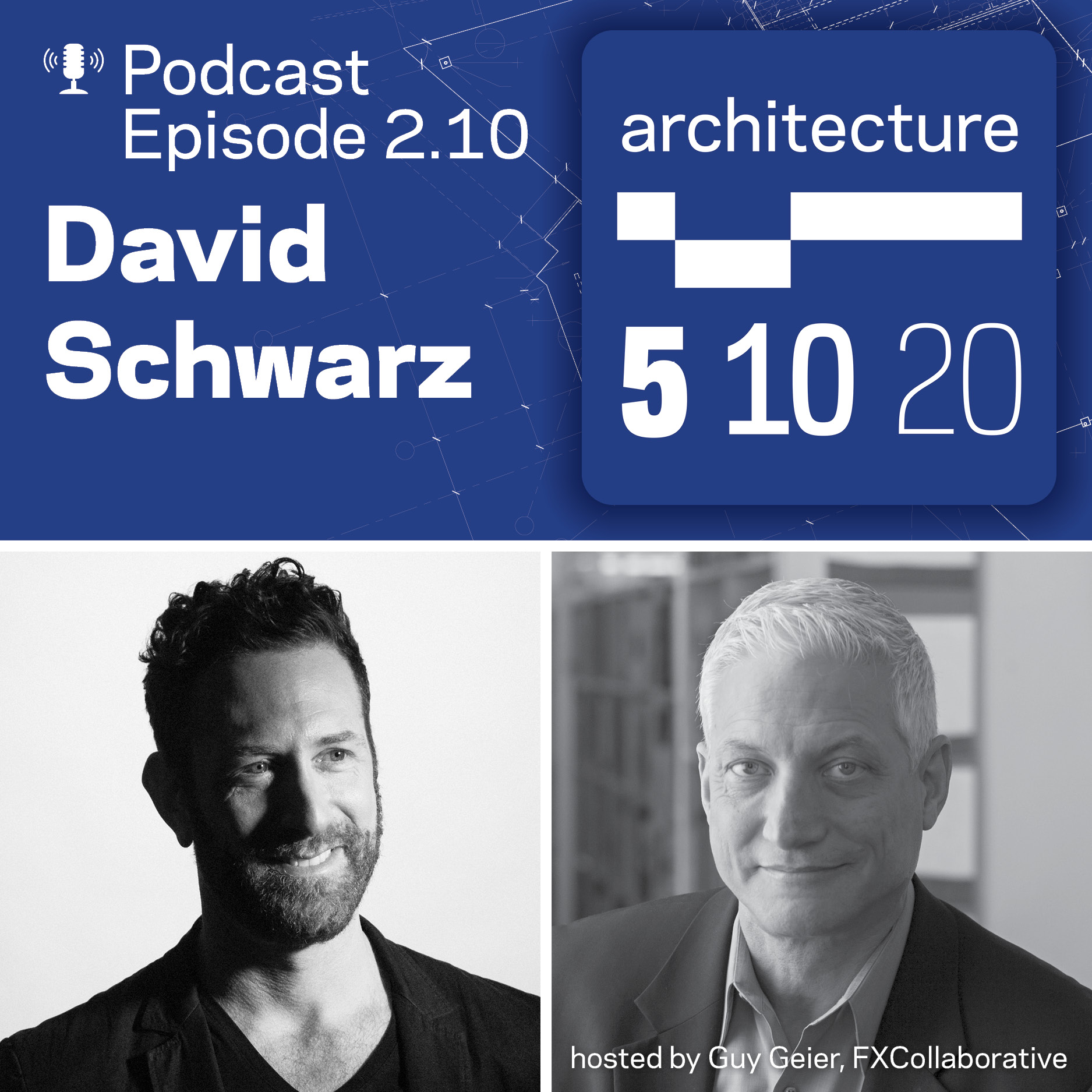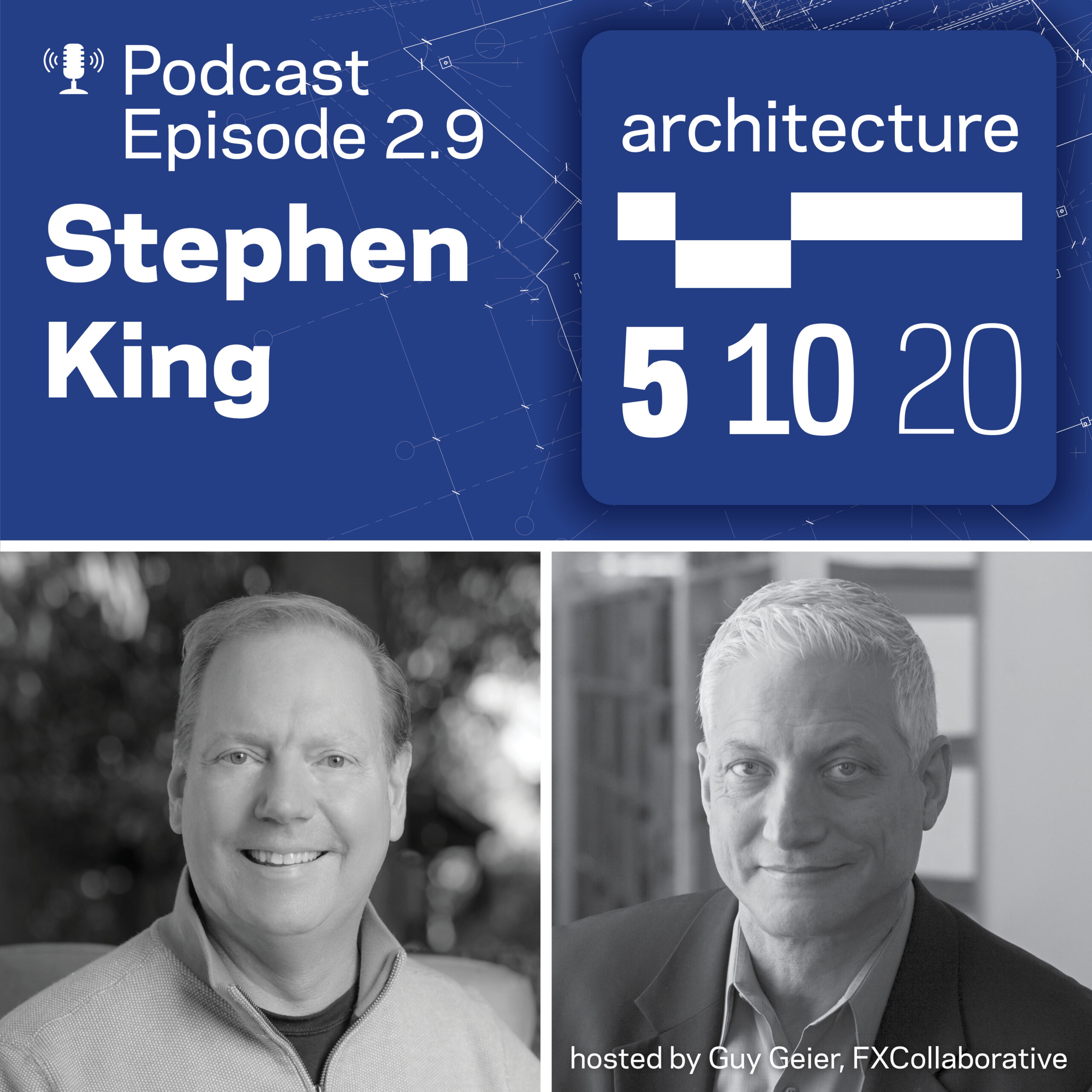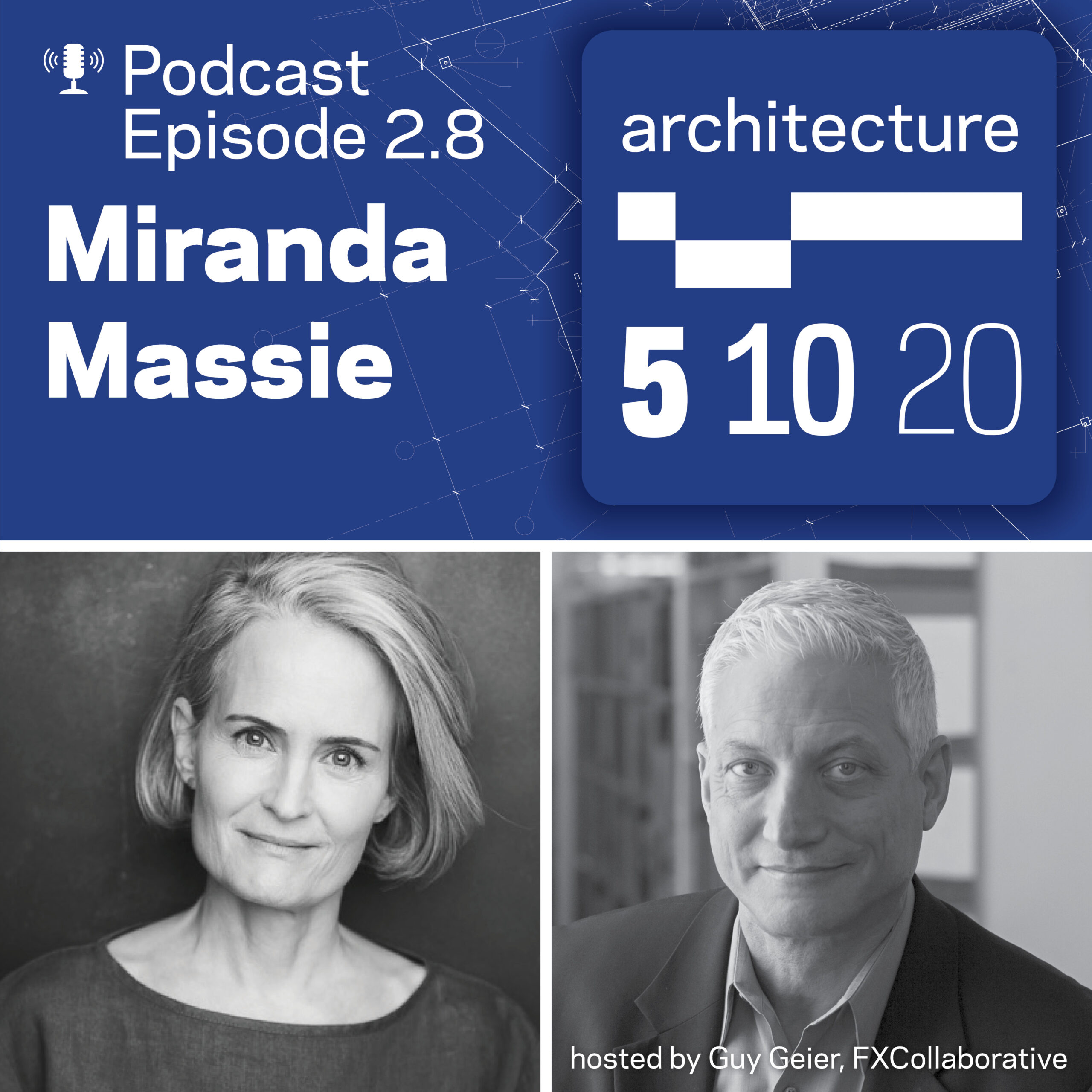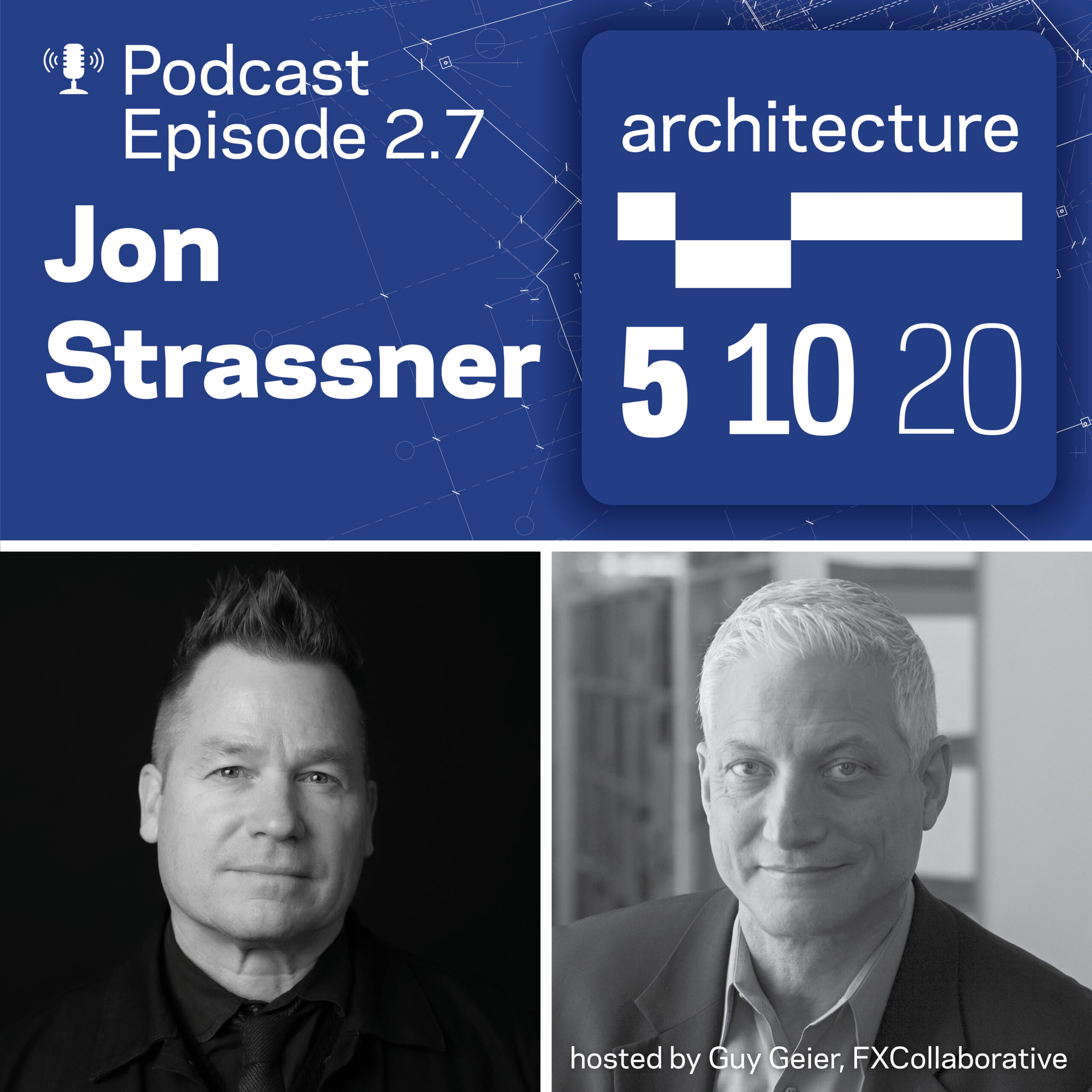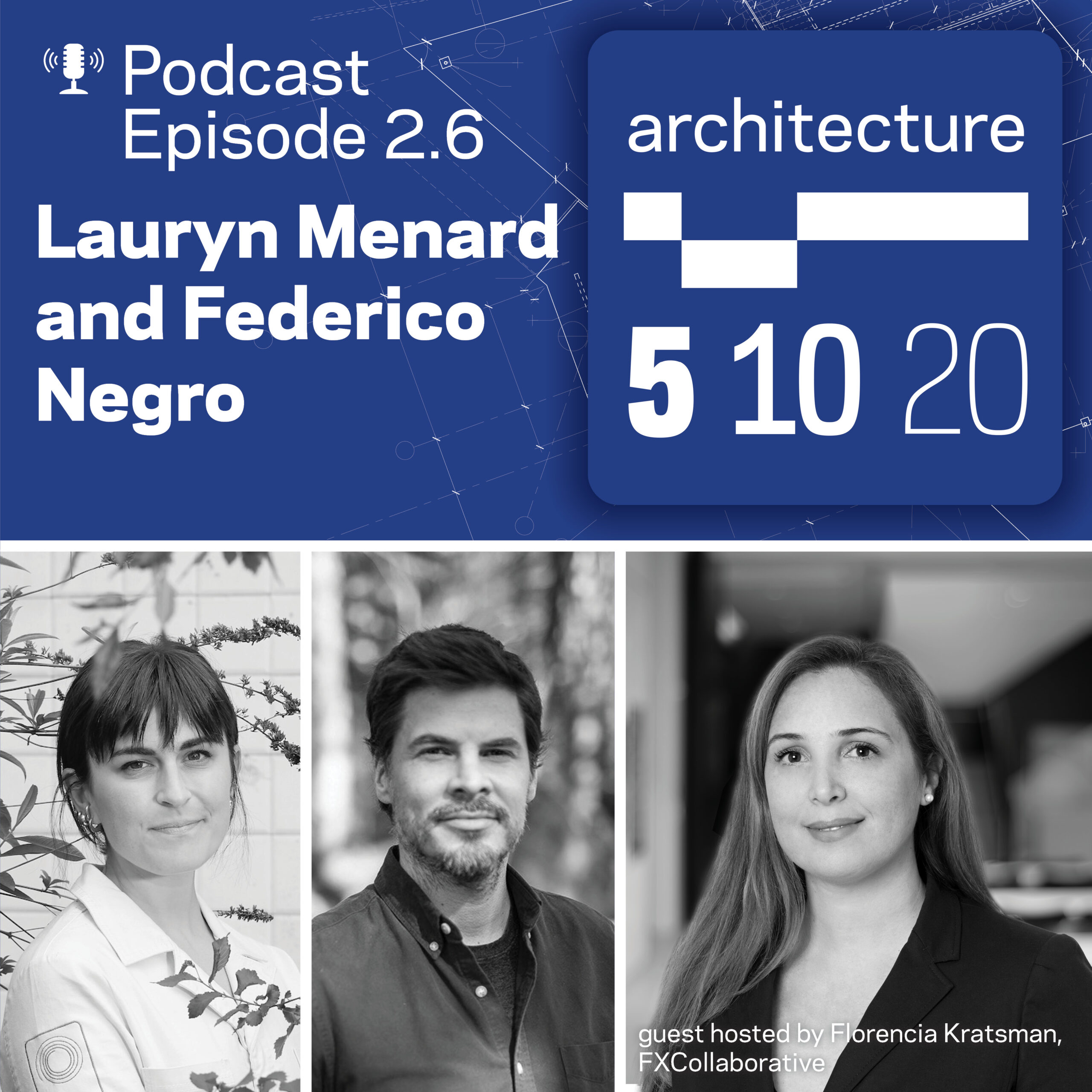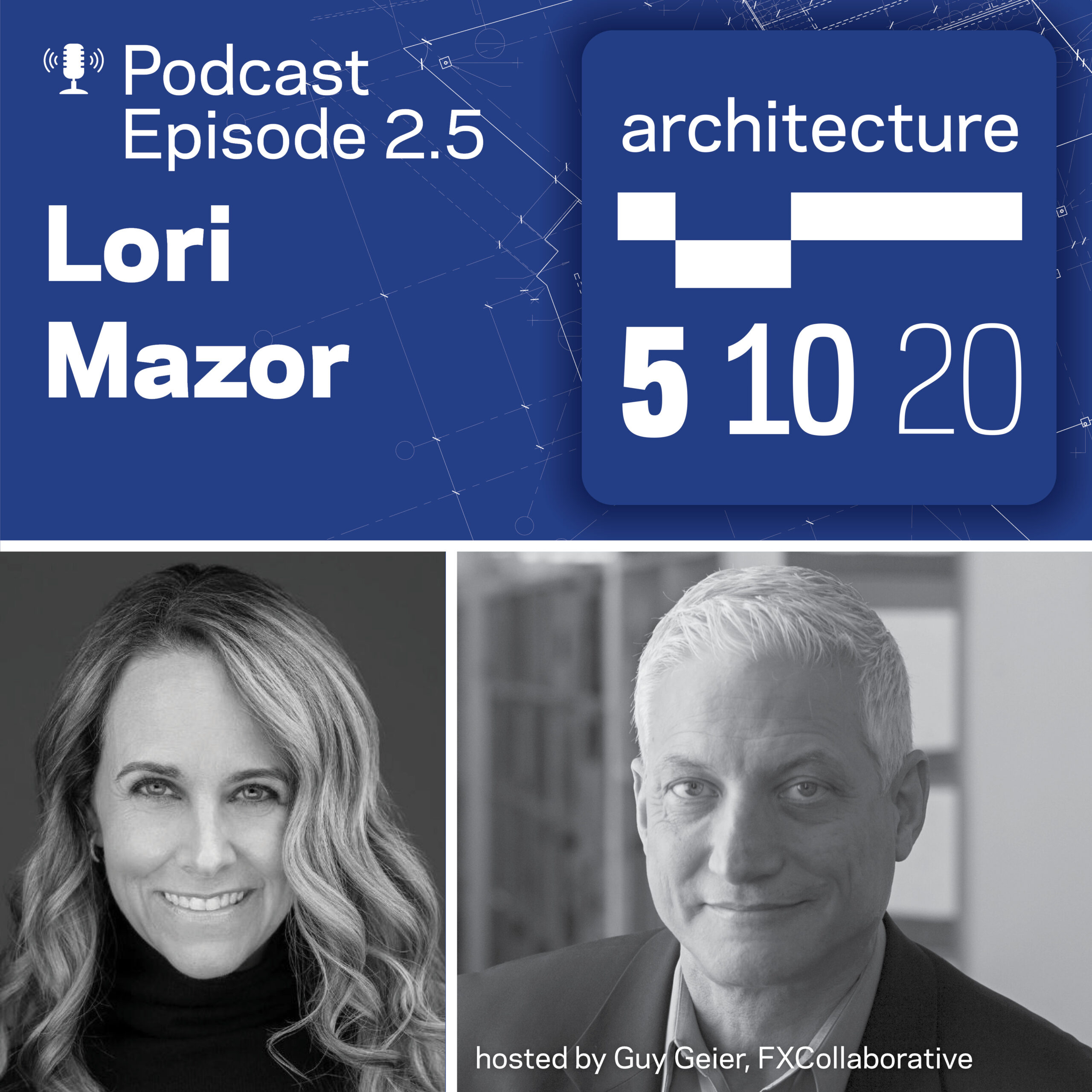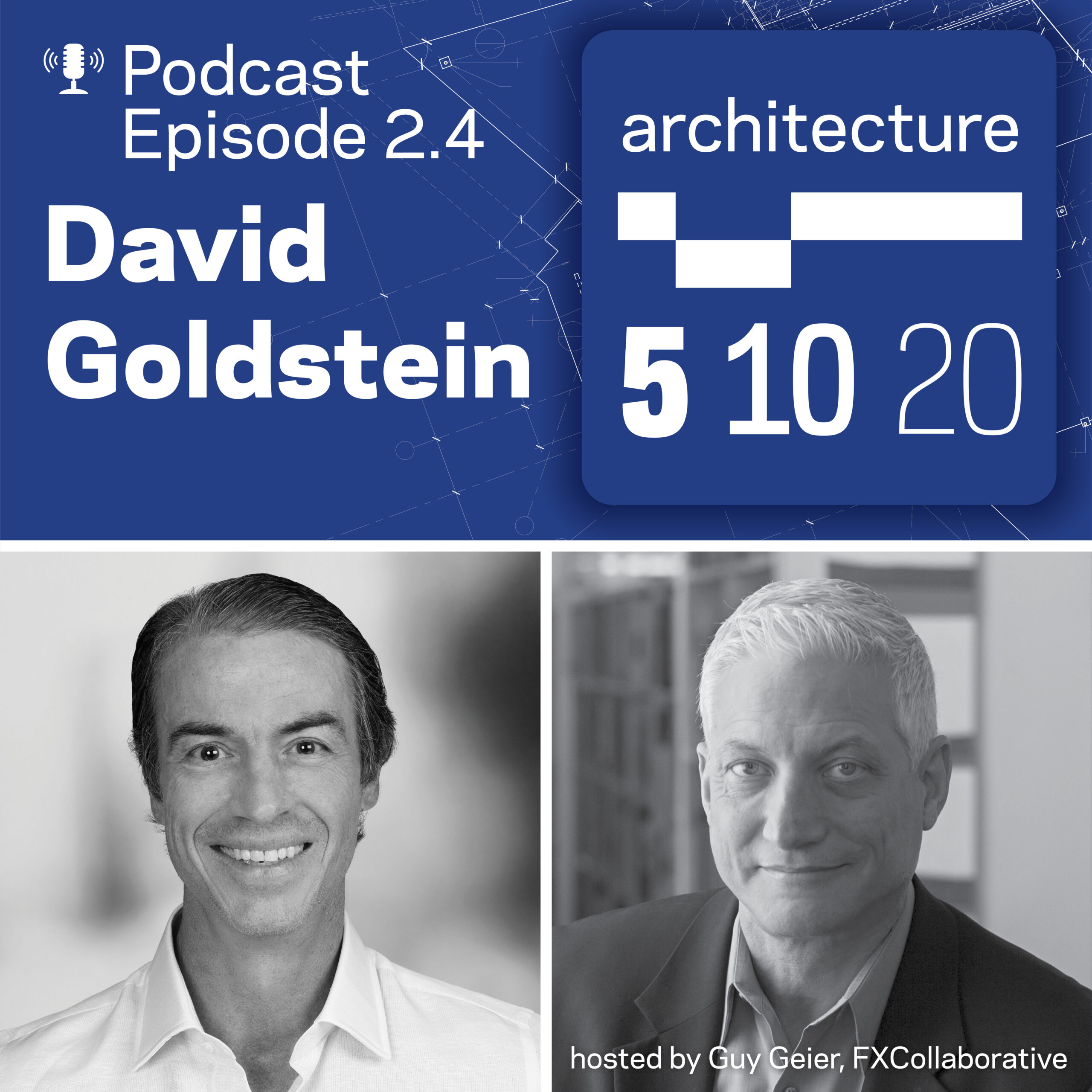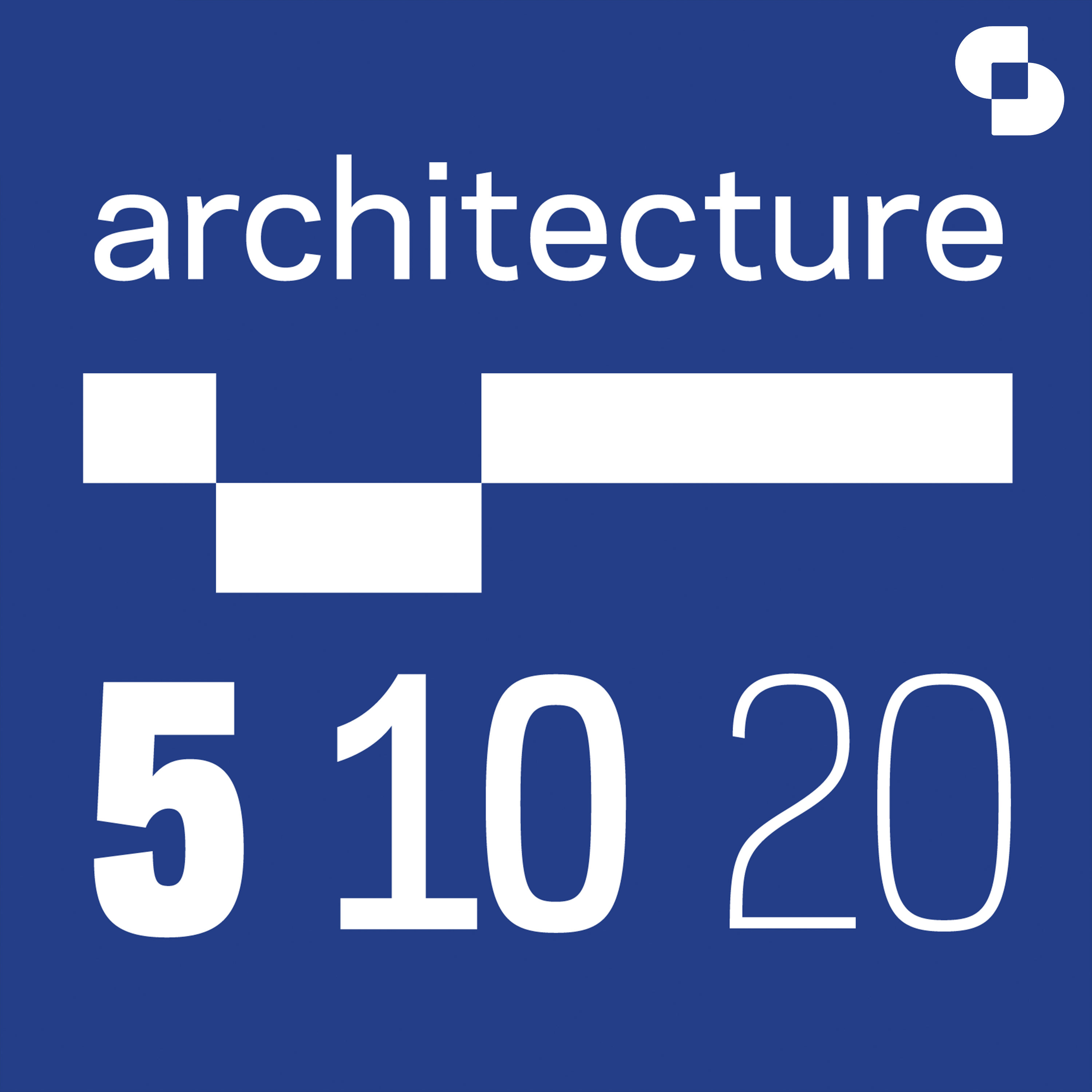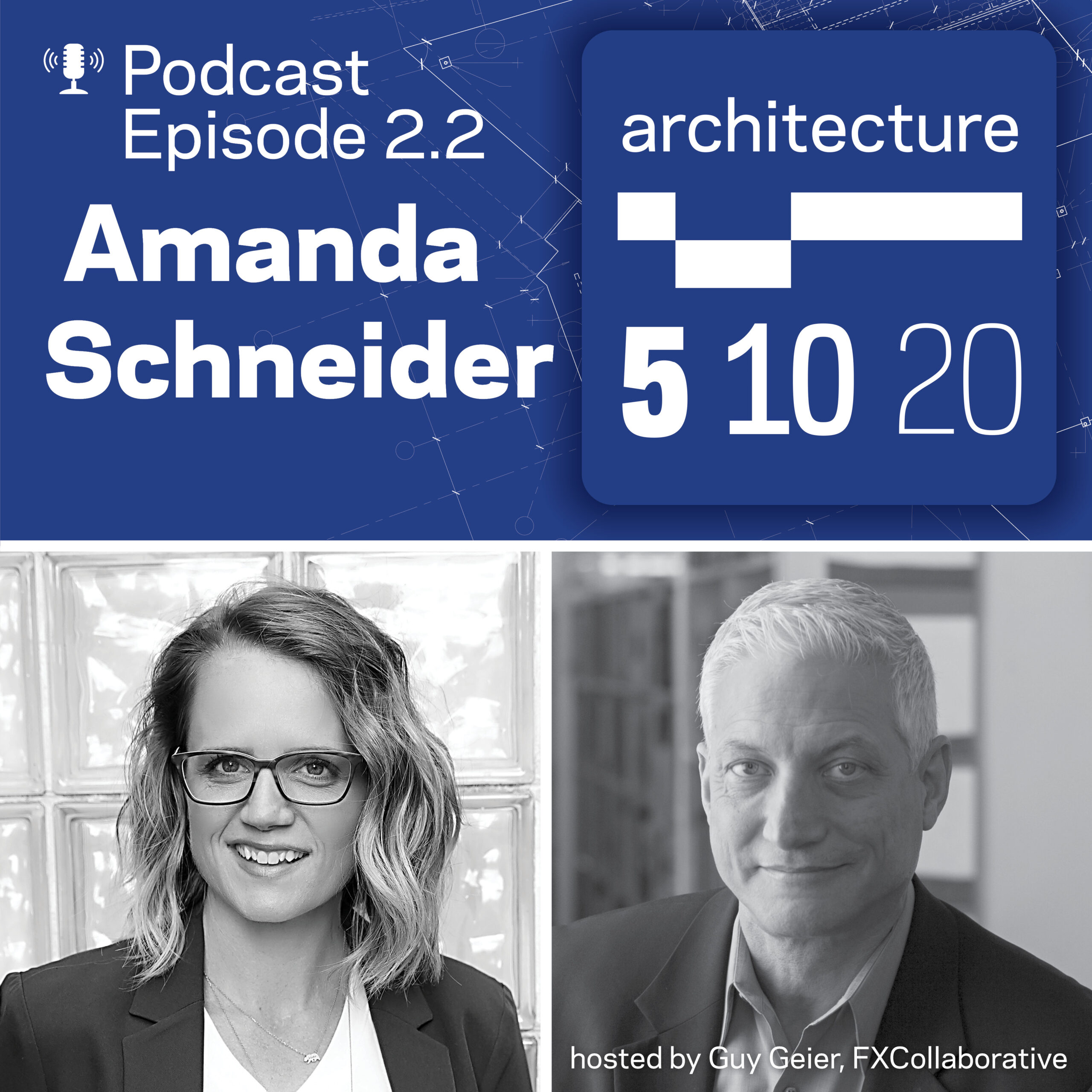In higher education, how do spaces impact the experience of learning and innovation? Student success appears to be tied to belonging. Not only that, students can flourish when able to connect the academic, the social, and the career aspects in their college experience. Future spaces must adapt to the changing needs of experiences held in educational spaces.
Welcome to the inaugural season of Architecture 5 10 20! I’m your host, Guy Geier, Managing Partner of FXCollaborative Architects in New York. Guests from a wide range of backgrounds and experiences related to the built environment will come to share their thought leadership. Our conversations will start with understanding how they arrived at what they’re doing now. More importantly, we will focus on discussing their vision for the future, looking out 5, 10, and 20 years.
Today, we’re joined by Elliot Felix who is the founder and leader of Bright Spot, a Buro Happold company. Bright Spot offers solutions to make experiences better for people. Apart from being a longtime friend and fellow UVA Architecture School Grad, Elliot is an accomplished strategist, facilitator, and sense-maker. He’s on a mission to create more engaging and equitable student experiences by helping colleges and universities transform their student services, spaces, staffing, and systems. Elliot is the author of How to Get the Most out of College: 127 Ways to Make Connections, Make it Work for You, and Make a Difference, which explores a proactive commitment to experiencing higher education.
Listen to Elliot share how he is helping institutions transform the landscape of educational spaces and education itself. He wants students to realize that college is not an obstacle course to just get through, but a place meant for building, creating, and making. Elliot shares his thoughts on stackable credentials, atomization of skills, and social atmospheres in education spaces.
Elliot’s work can be summarized by one guiding principle: What happens in a space precedes the space itself. As education steers away formal spaces to space of community, collaboration, and creativity, how can architects respond to this change through design? Learn why spaces are an evolving service, not a fixed product, in this conversation with Elliot.
Time stamps:
[01:47] – Elliot Felix credits his art teacher for sparking his interest in architecture.
[03:47] – Bright Spot offers solutions to make experiences better for people.
[05:45] – Elliot shares his view on a more holistic college experience, along with where he sees room for improvement.
[07:47] – What are stackable credentials? Elliot talks about the increasingly customized skill sets coming in the future of education and work.
[10:42] – Hybrid learning changes the needs for collaborative education.
[12:57] – Student success appears to be tied to a sense of belonging.
[15:13] – How is diversity, equity, and inclusion involved in the future of building a sense of belonging for students?
[17:02] – Are there any plans to include sustainability aspects in educational spaces? Elliot explains the connection to the education experience.
[18:43] – Have a clear sense of purpose and impact.
[20:21] – Start to understand people’s needs to build a better space that will serve others.
[23:28] – Elliot explores questions related to affordability in education.
[26:25] – Elliot tells a heartwarming story of his daughter as an example of creativity and critical thinking.
[29:11] – Imagining the future includes spending time with the lead users.
[30:57] – Thank you Elliot for reminding us that architecture is an evolving service profession.

